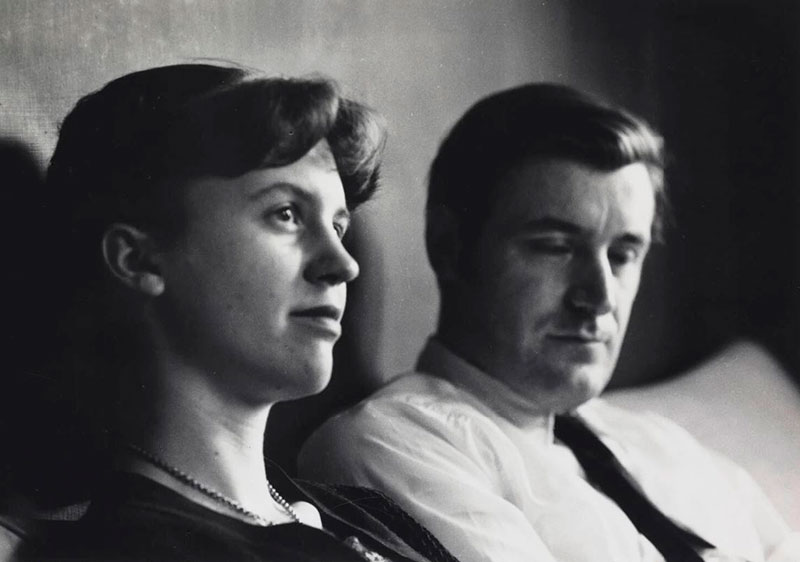A life story. Have clinical history. A biography of people who shone brightly until they died but will continue to illuminate us forever.
Poet, novelist, and author Sylvia Plath’s life was marked by erratic thoughts, and she excelled at work but was fragile when it came to her health. On February 11, 1963, one month after publishing his only novel in England, he decided to end his life at the age of 30. bell jar, which is semi-autobiographical. After preparing breakfast for her children Frieda and Nicholas, she opened the dining room window, locked herself in the kitchen, closed the door, sealed it with tape, and turned on the tap to inhale the gas. He was not the only one in his family to commit suicide. Her son Nicholas suffered the same fate a few years later, but not before her husband’s second wife – and lover, while he was still married to Plath – repeated the same fate six years later method. What is the tragic story of one of the most famous voices in contemporary American literature?
Plath was born on October 27, 1932 in Boston, Massachusetts, into a family of German and Austro-Hungarian ancestry. She showed her talent for writing early on and won various literary competitions. Her contemporaries said she was pathologically ambitious because she had been competing since she was eight years old. While developing her talent and determination, Sylvia was touched by tragedy: she lost her father at a young age. Scholars who have studied the author’s life believe that this death marked her spiritual life and her strained relationships with men. However, this tension could also be due to her not wanting to give in to her dependence on men, which is why she always accepted low-paying jobs so that she could devote herself to writing.
Her desire for independence can be glimpsed in the only novel she published in Britain shortly before her death under the pseudonym Victoria Lucas. The plot follows her alter ego Esther Greenwood as she leaves her long-term boyfriend to travel and study. The same situation also happened to Plath. She rejected her boyfriend Gordon’s proposal. In 1955, as a result of receiving a Fulbright scholarship, she moved to England to study at Cambridge University. The fates of both Esther and Sylvia seemed promising. Far from home, however, the crisis began. After her first suicide attempt, Plath underwent electroshock therapy, which is told in the novel solely in Greenwood’s voice and experience.
In February 1956, Sylvia visited a psychiatrist in Cambridge who had been recommended to her after her attack, and on the way purchased an issue of St. Botolph’s magazine, which contains four poems by Ted Hughes. It was natural: she was dazzled by his pen. That’s why that same month, Plath attended the magazine’s opening party. They met there. After the first kiss, she bit Hughes on the cheek, a mark that remained on the poet for a month. On July 16, they got married.

The first time was apparently uneventful. She gave birth to her daughter Frieda in 1960, the same year her book was published Colossus and other poems. But after the birth of her second child, Nicholas, in 1962, Plath suffered from postpartum depression, a discomfort exacerbated by her inability to write.Even though she was already a famous author and had a publishing contract bell jar, his image was overshadowed by the figure of Hughes, who seemed to be getting bigger and bigger. In the same year, the poet abandoned Sylvia and went to his common friend, the poet Assia Wevill, with whom he had a daughter, Shura. Hughes is said to have repeated the same behavior as Sylvia to Assia. First there was enthusiasm, then terrible indifference. Both fell madly in love with the English poet, and six years apart, they both turned on the gas. In this case, Asia died and Shura died too. Even Hughes told biographers Yehuda Koren and Eilat Negev Asia Wavell: “My first wife’s death was complicated and inevitable. He had been on this track for most of his life. But Asia’s death was avoidable. Her death was completely under his control , as a result of his reaction to Sylvia’s behavior”.

